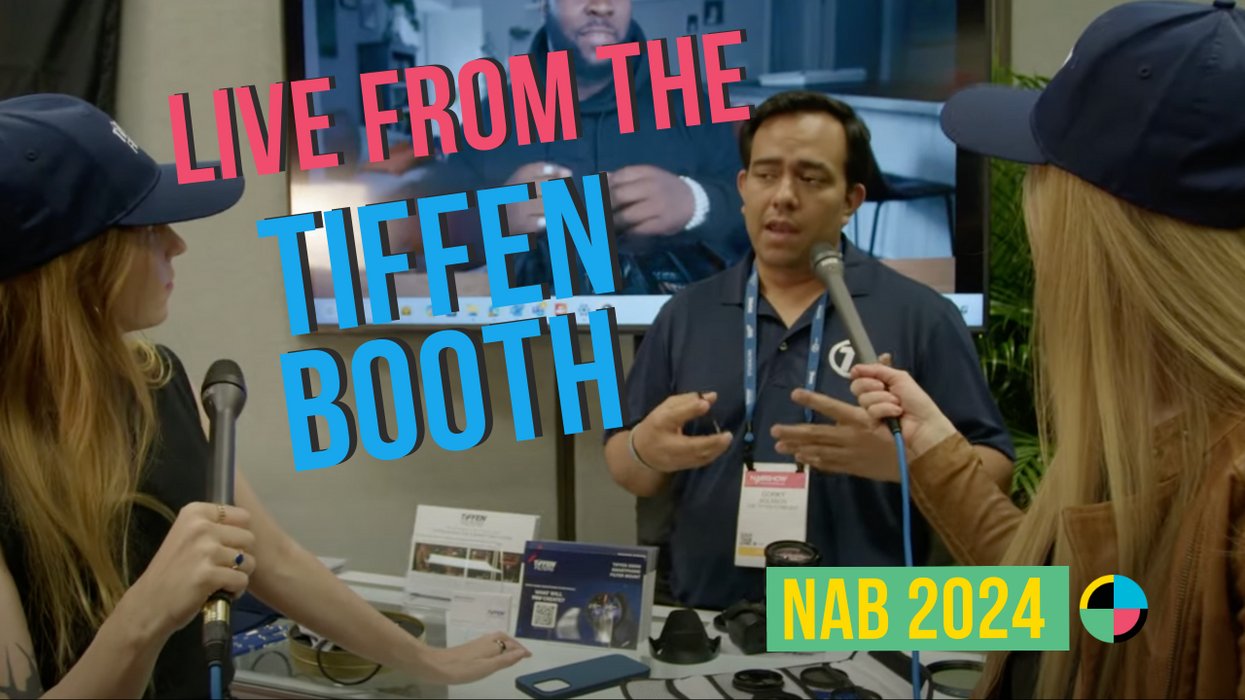Live from the Vimeo Festival + Awards: Making it Happen

First, the description from Vimeo:
The filmmaking world is going through massive changes. The industry has been rocked by digital tools that have democratized the process of funding, making and distributing films. Award winning producer Ted Hope and guru Brian Newman discuss the bright future that awaits the business and art of film.
Note: this is typed in real-time and is paraphrased rather than quoted word-for-word. I realize this panel might be posted in full at Vimeo at some point, at which point I'll just embed the video in this post, and you can see how bad my note-taking is! In general I hope there are some nuggets of wisdom contained in these hastily-typed notes -- it's most definitely not a organized, structured post.
TH: How much time does it take a studio to make a movie? 7 years. How much time do they spend audience-building? 6 weeks.
(The point being, we should be building an audience from the beginning.)
TH: Everyone gets out of film school with a feature script. Why don't they get out of film school with a feature script and 5 short scripts so they can work on building an audience?
BN: No one can be doing everything. If we're with a group of people, and everyone has different skill sets, then you can get it done. It's likewise with building an audience. How do you pool resources and build an audience that allows you to do something different?
TH: For feature filmmaking, 80% of it is being great. You go through 40-50 drafts of a script to get it as good as you can. All the other stuff around the feature? I can't get it all done, and I'm not at 80% (being great) on those. We have to stop being so precious with individual authorship -- no one has time to do all these other audience-building things themselves. Why don't we give it up a little and provide ramps and bridges to acces our work?
TH: I think the film of the year so far is Star Wars Uncut. Where's the indie film wherein the filmmaker allows and convinces people to remix it? It would be refreshing for filmmakers to look at their work not just as their work, but also as a platform for other people to remix and make their own.
TH: Let's say someone comes up to you with $300k to make your feature and $200k for marketing. The trick is, you have to spend the $200k on marketing before you finish the film. The financiers say, "we're not going to give you the produciton money until you reach a certain number of webisode hits, Facebook friends, and Twitter followers with that initial marketing material." Does this appeal to you?
Audience member: If you can develop your own tools to build an audience, then I'd step away from the middle man -- why do I need that?
TH: Agreed. The cost of production has come down so much that now you can make a great feature film for what, 50 grand?
TH: I tweeted the other day that World of Warcraft has 12 million followers. And there are seven thousand indie film fans worldwide. That's what it feels like.
BN: The Finnish filmmakers behind Iron Sky have raises a million Euros --
TH: That's the most that's been crowdfunded to date for a film, I think --
BN: And they haven't even shot the film yet. But they have 30,000 fans and they're planning on using that to interest a traditional distributor to put in more money.
(Sort of what I've talked about with phased distribution)
TH: Imagine if Quentin Tarantino crowdfunded his next movie. You put in $20, you get into the premiere, you put in $50, he'll put your script on his web site, get you the DVD, and other extras... he'd raise a hundred million dollars!
BN: People don't spend money to help you and their creativity; they spend money to help themselves. They're going to spend money on your film because it's really entertaining, not because they want to support an artist. We're in a current state of affairs where we can't make whatever we want. We have to think about why someone would watch our film instead of the 400 others in their Netflix queue.
BN: The (independent film) model's broken and it's always been broken. As Warren Buffet said, "it's not until the tide goes out that you realize you're not wearing swim trunks." So with Facebook and other tools, now all the filmmakers are online realizing that no one is making money on this stuff. That's what's changed -- now we're all talking about it.
BN: By the way, it's really difficult to get a film into the iTunes movie store. But it's really easy to get a film into the iTunes app store by bypassing the movie store and releasing an app.
TH: I'm working with a first-time filmmaker who had a great script and we knew we were going to go through seven or eight drafts. So I said, "let's make a short as a prequel to the film." They did it, it cost $400, and it went to Sundance and director's fortnight. Think about how many directors have a web site that you can name. Film isn't really extended beyond the trailer and the director's commentary and some DVD extras. You've gotta go beyond the feature.












